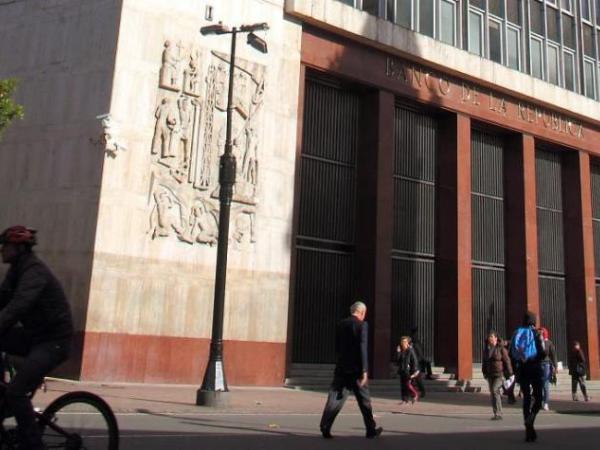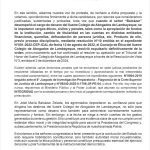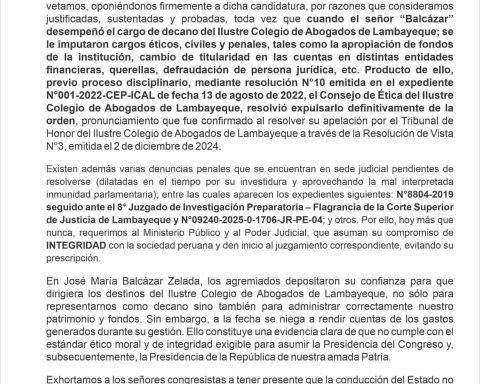In January and April 2003, the Banco de la República raised its monetary policy rate by 100 basis points (one percentage point) in each month, initially from 5.25% to 6.25% at the beginning of that year, and later, in the fourth month, up to 7.25%.
(IMF revised Colombia’s growth forecast upwards for 2022).
Tomorrow, according to the opinion of analysts and economists, the Issuer would be forced to raise 150 basis points (1.5 percentage points) from 4% to 5.5% its rate, which would be the largest increase in 23 years.
The persistence of inflationwhich already exceeded 8% in annual terms in February and the expectations of higher increases, could make the monetary authority decide to make a significant increase to control this indicator and more so if one takes into account that there are several external factors that suggest that the situation could persist in the following months.
(Foreign exchange from tourism was reactivated 43%).
However, in absolute terms, it wouldn’t be the most drastic move In terms of rates, according to the Issuer, on several occasions it has lowered its rate by 200 points (2 percentage points), while in March 1999 it dropped 300 basic points (3 percentage points), from 23% to 20%.
In any case, if the monetary policy rate rises to 5.5% tomorrow, it will continue to be expansive and in that case, those consulted and the surveys that have been revealed in previous weeks realize that the Issuer will have to raise another 150 points at its April meeting and wait for inflation to begin to ease in the following months.
Thus, in two months the increase would be 300 basis points, which would even be stronger than at the beginning of 1999, when inflation was above 20%.
For José Ignacio López, director of Economic Research at Corficolombiana, the premises that the Issuer will take into account at its meeting tomorrow are economic growth, “because the indicators suggest that despite the bump in January, the economy will continue to grow at a good rhythm above all consumption, so demand will be an important participant in this recovery”.
He assures that before the inflationary surprise in February and possibly in March, the expectations continue to rise so the bank’s objective is to keep them anchored.
He considers that the rate increase will be 150 points and by the end of the year it would end at 7.5% to 8% and with additional pressure due to the conflict in Ukraine.
advantage would be lost
Ana Vera, chief economist at Inon Capital, says that inflation and the international context of rate increases will be the most important because the country cannot lag behind in the rate of increases because it would lose its advantage, but also without ignoring the effect on the fixed income market and liquidity conditions because they would be affecting financial stability if there were very sudden increases in the interest rate.
The analyst said she expects rates to rise 100 basis points to 5% and close to 8% by the end of the year.
And it is that with annual inflation above 8% “and with non-negligible risks that continue to rise due to expectations depending on the term” it is necessary for the Banco de la República to raise its rate by 150 points, says Camilo Pérez, research manager Bank of Bogota economics.
In addition, it estimates that added to the higher expectations in terms of inflation worldwide, the risks continue to be upward, with oil and commodities due to the war in Ukraine pressured upwardsproblems with supply chains that are not improving and food prices that remain high internally, this leads to a monetary policy that must be more restrictive.
AND GROWTH
For his part, Edgar Jiménez, from the Financial Laboratory of the Jorge Tadeo Lozano University, inflation expectations for March are higher than in February, at 8.5 or 9% in annual terms, although by the end of the year it should moderate below of 8%.
Another element that the university academic considers key is the figures for the reactivation of the economy, which have been solid, so an increase in rates would not affect said growth much.
BRIEFCASE

















